RADIOACTIVE MATERIALS IN JAPANESE FOODS
입력 2019.08.20 (14:59)
수정 2019.08.20 (16:46)
읽어주기 기능은 크롬기반의
브라우저에서만 사용하실 수 있습니다.
[Anchor Lead]
Radioactive materials were detected in some processed foods imported from Fukushima, Japan. The radioactivity levels were all below the allowance but they were all sent back. Unlike seafood, which can be banned completely if they are contaminated with even a bit of radioactive materials, there are no regulations governing processed food imports.
[Pkg]
There's been growing safety concerns over food imports from Japan ever since the 2011 nuclear reactor meltdown in Fukushima. Seafood imports from Fukushima and seven other Japanese prefectures have been banned, but not processed foods.
[Soundbite] REP. NAM IN-SOON(DEMOCRATIC PARTY(AT 2013 GOV'T AUDIT)) : "Processed seafood products, like salted seafood and dried fish, are imported into Korea. Rice from Fukushima is banned, but not sake and wine made from that rice."
Despite mounting concerns, import of processed food products has been increasing annually. Over the past five years, Seoul imported 29,000 tons of food products from the area, including rice wine from Iwate Prefecture, sauces from Tochigi Prefecture, and soy sauce from Chiba Prefecture. During that period, radioactive materials were detected in 35 processed food imports, amounting to nearly 17 tons. The radioactivity levels were all below the permissible level of 100 becquerels.
[Soundbite] LEE EUI-KYUNG(MINISTER OF FOOD AND DRUG SAFETY(AUG. 19)) : "Minimal levels of radioactive materials were detected in 16.8 tons of food imports. All of them were sent back."
According to the Korean Ministry of Food and Drug Safety, thorough testing is done during quarantine and the processed food sold in the nation is quite safe. Still, many are demanding more rigorous measures.
[Soundbite] PROF. KIM IK-JUNG(FORMER DONGGUK UNIV. MEDICAL SCHOOL PROFESSOR) : "Korea can set limits and regulate imports. More imports should be inspected in a more rigorous manner."
Some highlight the need for an import ban on not just agricultural and fisheries products but also processed foods from Japan.
[Soundbite] REP. KIM KWANG-SOO(PARTY FOR DEMOCRACY AND PEACE) : "China and Taiwan ban even processed food imports. Why should Korea be the only one importing them? Why is Korea importing them?"
There are growing calls for tougher regulations so that not only the country of origin, but also the region of origin is marked accurately on Japanese food imports.
Radioactive materials were detected in some processed foods imported from Fukushima, Japan. The radioactivity levels were all below the allowance but they were all sent back. Unlike seafood, which can be banned completely if they are contaminated with even a bit of radioactive materials, there are no regulations governing processed food imports.
[Pkg]
There's been growing safety concerns over food imports from Japan ever since the 2011 nuclear reactor meltdown in Fukushima. Seafood imports from Fukushima and seven other Japanese prefectures have been banned, but not processed foods.
[Soundbite] REP. NAM IN-SOON(DEMOCRATIC PARTY(AT 2013 GOV'T AUDIT)) : "Processed seafood products, like salted seafood and dried fish, are imported into Korea. Rice from Fukushima is banned, but not sake and wine made from that rice."
Despite mounting concerns, import of processed food products has been increasing annually. Over the past five years, Seoul imported 29,000 tons of food products from the area, including rice wine from Iwate Prefecture, sauces from Tochigi Prefecture, and soy sauce from Chiba Prefecture. During that period, radioactive materials were detected in 35 processed food imports, amounting to nearly 17 tons. The radioactivity levels were all below the permissible level of 100 becquerels.
[Soundbite] LEE EUI-KYUNG(MINISTER OF FOOD AND DRUG SAFETY(AUG. 19)) : "Minimal levels of radioactive materials were detected in 16.8 tons of food imports. All of them were sent back."
According to the Korean Ministry of Food and Drug Safety, thorough testing is done during quarantine and the processed food sold in the nation is quite safe. Still, many are demanding more rigorous measures.
[Soundbite] PROF. KIM IK-JUNG(FORMER DONGGUK UNIV. MEDICAL SCHOOL PROFESSOR) : "Korea can set limits and regulate imports. More imports should be inspected in a more rigorous manner."
Some highlight the need for an import ban on not just agricultural and fisheries products but also processed foods from Japan.
[Soundbite] REP. KIM KWANG-SOO(PARTY FOR DEMOCRACY AND PEACE) : "China and Taiwan ban even processed food imports. Why should Korea be the only one importing them? Why is Korea importing them?"
There are growing calls for tougher regulations so that not only the country of origin, but also the region of origin is marked accurately on Japanese food imports.
■ 제보하기
▷ 카카오톡 : 'KBS제보' 검색, 채널 추가
▷ 전화 : 02-781-1234, 4444
▷ 이메일 : kbs1234@kbs.co.kr
▷ 유튜브, 네이버, 카카오에서도 KBS뉴스를 구독해주세요!
- RADIOACTIVE MATERIALS IN JAPANESE FOODS
-
- 입력 2019-08-20 15:01:23
- 수정2019-08-20 16:46:33
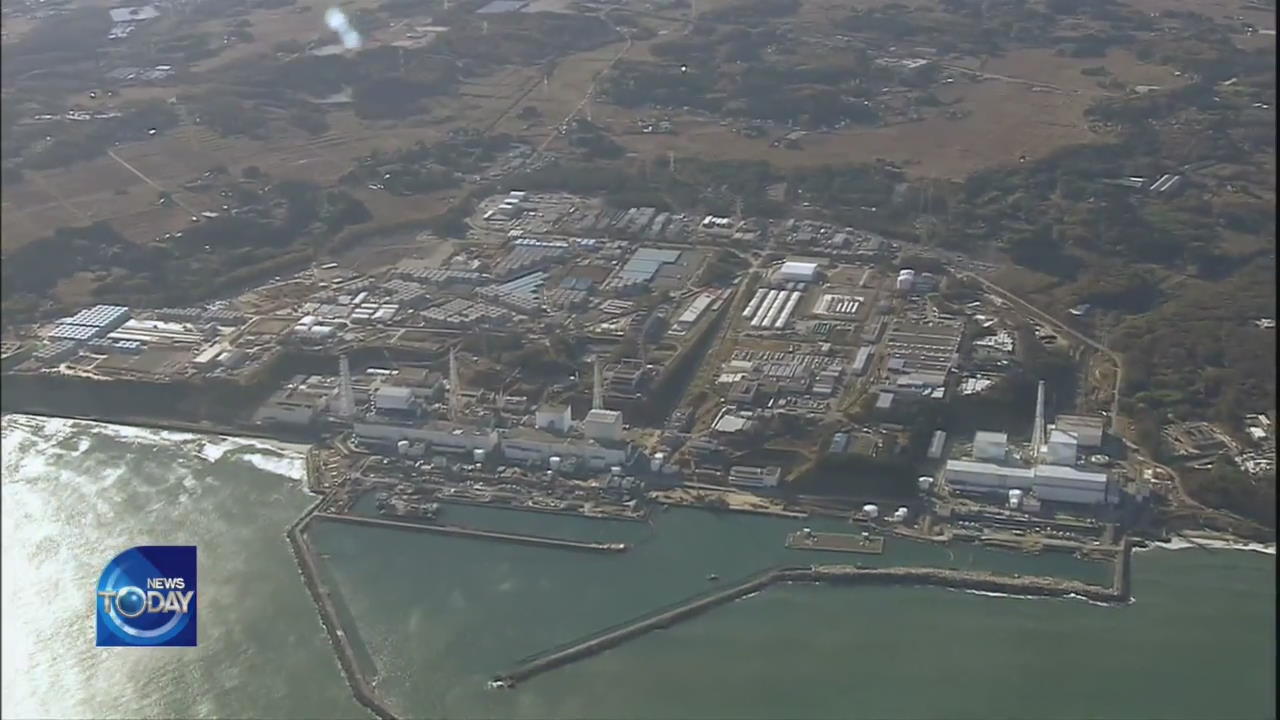
[Anchor Lead]
Radioactive materials were detected in some processed foods imported from Fukushima, Japan. The radioactivity levels were all below the allowance but they were all sent back. Unlike seafood, which can be banned completely if they are contaminated with even a bit of radioactive materials, there are no regulations governing processed food imports.
[Pkg]
There's been growing safety concerns over food imports from Japan ever since the 2011 nuclear reactor meltdown in Fukushima. Seafood imports from Fukushima and seven other Japanese prefectures have been banned, but not processed foods.
[Soundbite] REP. NAM IN-SOON(DEMOCRATIC PARTY(AT 2013 GOV'T AUDIT)) : "Processed seafood products, like salted seafood and dried fish, are imported into Korea. Rice from Fukushima is banned, but not sake and wine made from that rice."
Despite mounting concerns, import of processed food products has been increasing annually. Over the past five years, Seoul imported 29,000 tons of food products from the area, including rice wine from Iwate Prefecture, sauces from Tochigi Prefecture, and soy sauce from Chiba Prefecture. During that period, radioactive materials were detected in 35 processed food imports, amounting to nearly 17 tons. The radioactivity levels were all below the permissible level of 100 becquerels.
[Soundbite] LEE EUI-KYUNG(MINISTER OF FOOD AND DRUG SAFETY(AUG. 19)) : "Minimal levels of radioactive materials were detected in 16.8 tons of food imports. All of them were sent back."
According to the Korean Ministry of Food and Drug Safety, thorough testing is done during quarantine and the processed food sold in the nation is quite safe. Still, many are demanding more rigorous measures.
[Soundbite] PROF. KIM IK-JUNG(FORMER DONGGUK UNIV. MEDICAL SCHOOL PROFESSOR) : "Korea can set limits and regulate imports. More imports should be inspected in a more rigorous manner."
Some highlight the need for an import ban on not just agricultural and fisheries products but also processed foods from Japan.
[Soundbite] REP. KIM KWANG-SOO(PARTY FOR DEMOCRACY AND PEACE) : "China and Taiwan ban even processed food imports. Why should Korea be the only one importing them? Why is Korea importing them?"
There are growing calls for tougher regulations so that not only the country of origin, but also the region of origin is marked accurately on Japanese food imports.
Radioactive materials were detected in some processed foods imported from Fukushima, Japan. The radioactivity levels were all below the allowance but they were all sent back. Unlike seafood, which can be banned completely if they are contaminated with even a bit of radioactive materials, there are no regulations governing processed food imports.
[Pkg]
There's been growing safety concerns over food imports from Japan ever since the 2011 nuclear reactor meltdown in Fukushima. Seafood imports from Fukushima and seven other Japanese prefectures have been banned, but not processed foods.
[Soundbite] REP. NAM IN-SOON(DEMOCRATIC PARTY(AT 2013 GOV'T AUDIT)) : "Processed seafood products, like salted seafood and dried fish, are imported into Korea. Rice from Fukushima is banned, but not sake and wine made from that rice."
Despite mounting concerns, import of processed food products has been increasing annually. Over the past five years, Seoul imported 29,000 tons of food products from the area, including rice wine from Iwate Prefecture, sauces from Tochigi Prefecture, and soy sauce from Chiba Prefecture. During that period, radioactive materials were detected in 35 processed food imports, amounting to nearly 17 tons. The radioactivity levels were all below the permissible level of 100 becquerels.
[Soundbite] LEE EUI-KYUNG(MINISTER OF FOOD AND DRUG SAFETY(AUG. 19)) : "Minimal levels of radioactive materials were detected in 16.8 tons of food imports. All of them were sent back."
According to the Korean Ministry of Food and Drug Safety, thorough testing is done during quarantine and the processed food sold in the nation is quite safe. Still, many are demanding more rigorous measures.
[Soundbite] PROF. KIM IK-JUNG(FORMER DONGGUK UNIV. MEDICAL SCHOOL PROFESSOR) : "Korea can set limits and regulate imports. More imports should be inspected in a more rigorous manner."
Some highlight the need for an import ban on not just agricultural and fisheries products but also processed foods from Japan.
[Soundbite] REP. KIM KWANG-SOO(PARTY FOR DEMOCRACY AND PEACE) : "China and Taiwan ban even processed food imports. Why should Korea be the only one importing them? Why is Korea importing them?"
There are growing calls for tougher regulations so that not only the country of origin, but also the region of origin is marked accurately on Japanese food imports.
이 기사가 좋으셨다면
-
좋아요
0
-
응원해요
0
-
후속 원해요
0










![[HEADLINE]](https://news.kbs.co.kr/data/news/2019/08/20/4266024_10.jpg)
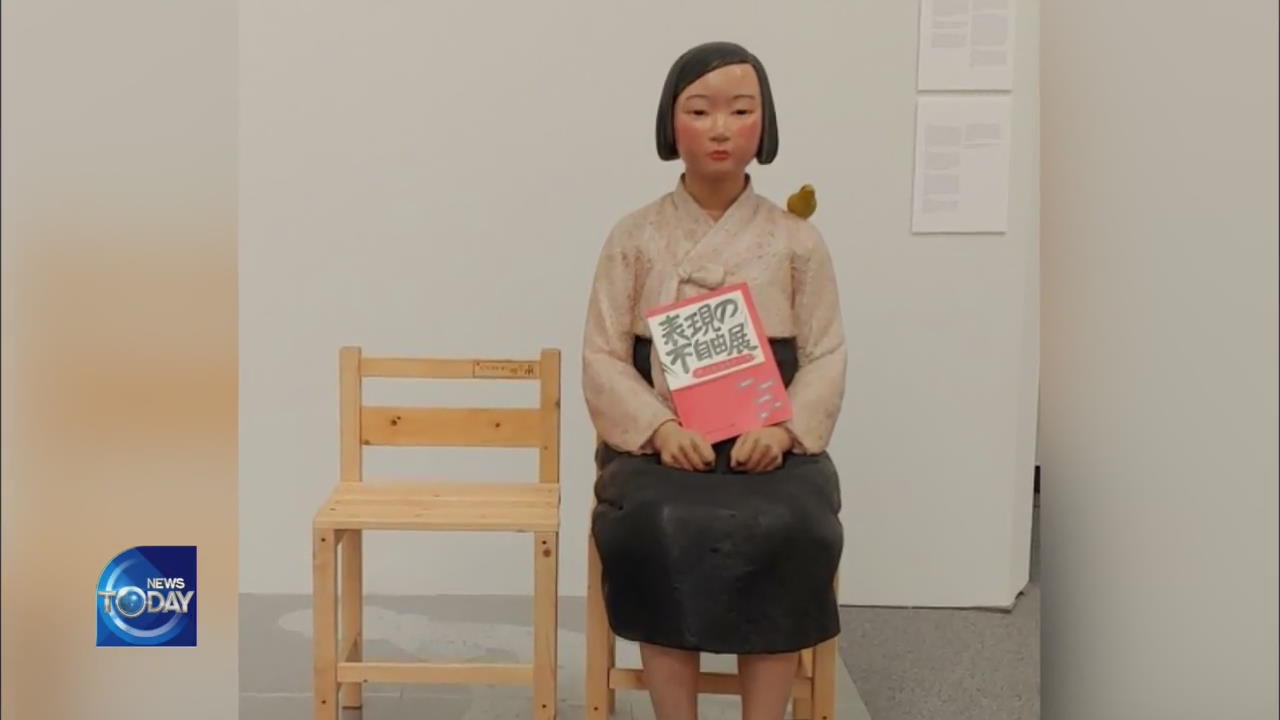
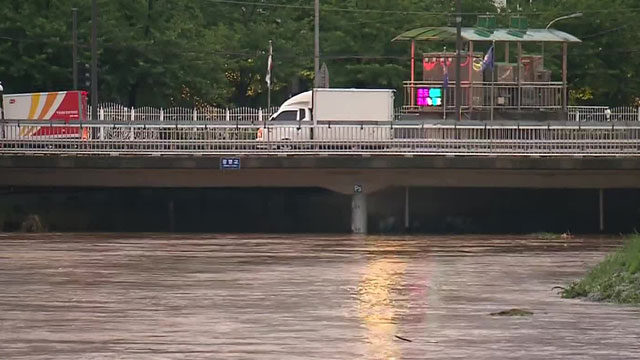
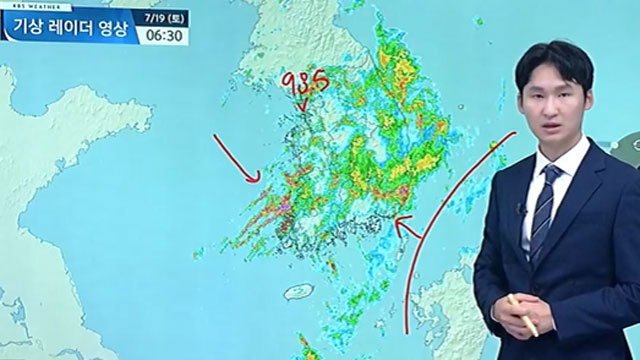
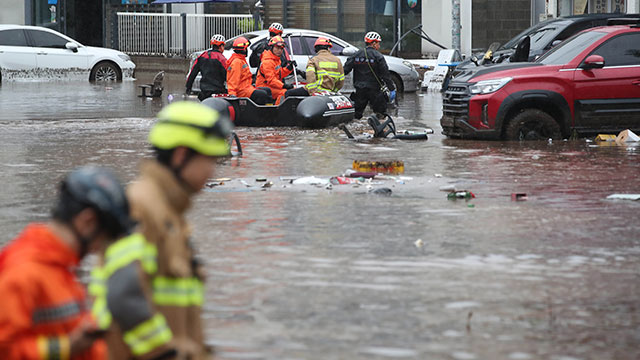
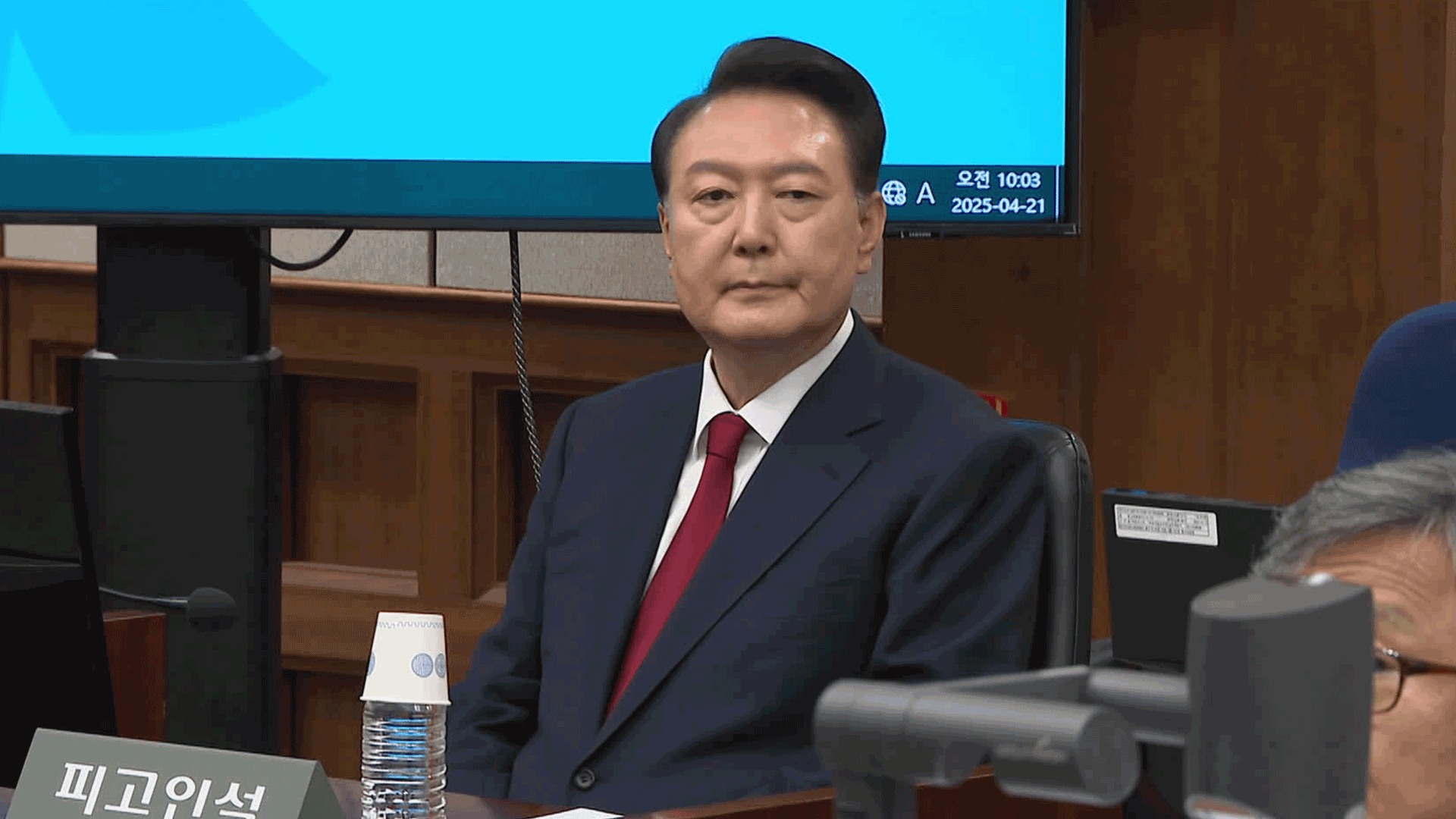

이 기사에 대한 의견을 남겨주세요.